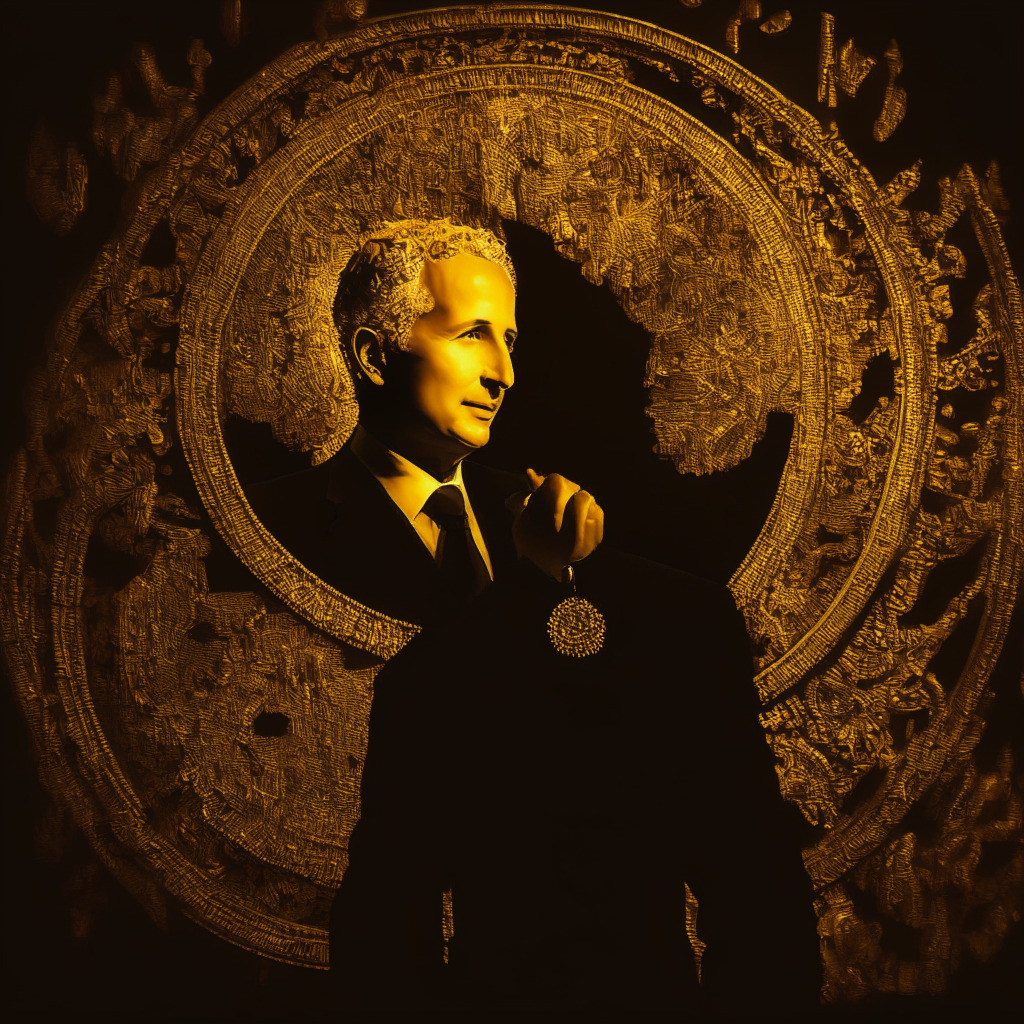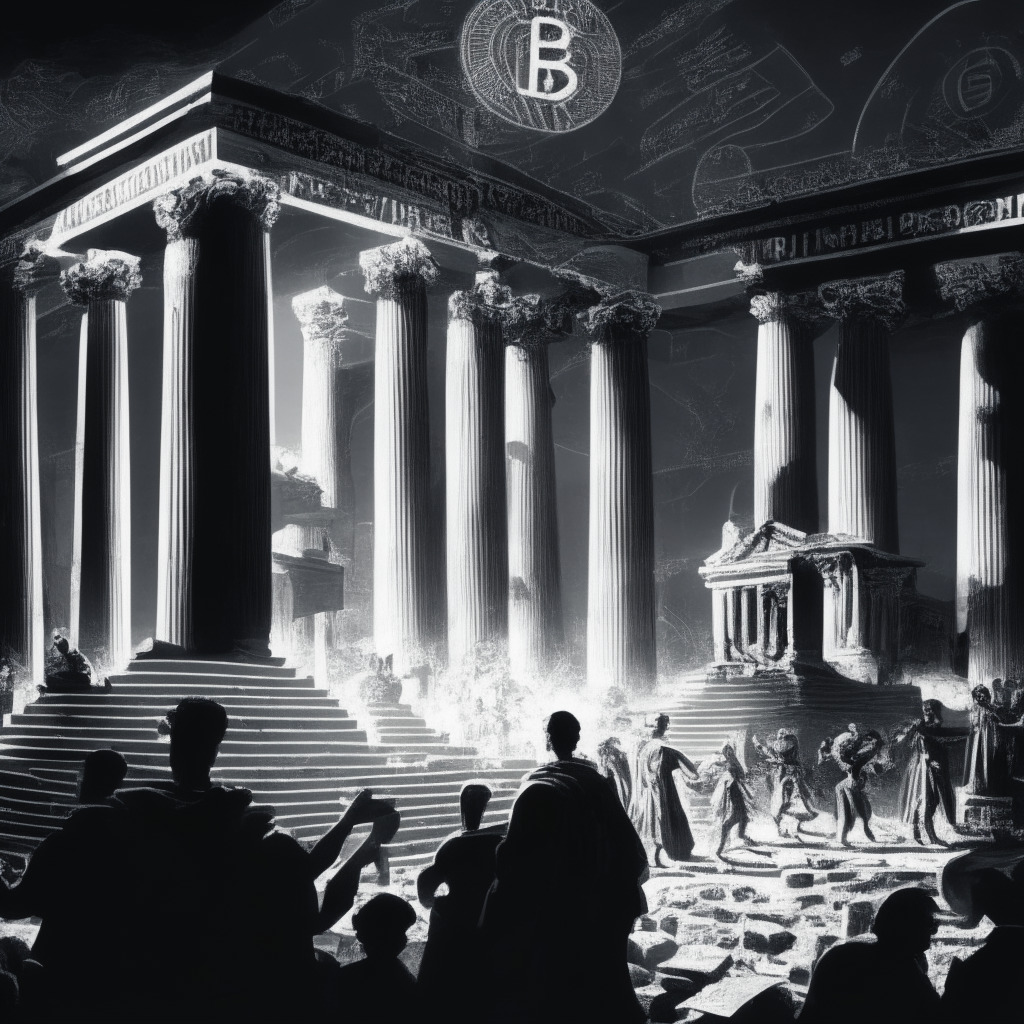In a recent move, members of the Screen Actor Guild (SAG) voted to authorize a strike as they prepare for negotiations with the Alliance of Motion Picture and Television Producers. The issue of artificial intelligence (AI) seems to be a significant element in these discussions. SAG-AFTRA national executive director and chief negotiator Duncan Crabtree-Ireland emphasized the potential threats and possible opportunities generative AI could bring to the actors guild.
Generative AI, which is trained on substantial amounts of data to produce content, has increasingly been a topic of concern in industries related to media and entertainment. The launch of OpenAI’s ChatGPT and its subsequent upgrade to GPT-4 have essentially brought this technology into the mainstream. With rapid growth and flexible capabilities, it is no wonder that SAG is paying close attention to the developments of generative AI in the industry.
Crabtree-Ireland stated that when AI was limited to specific tools and could not actively engage in creating content, the technology was deemed less worrisome. However, the situation has changed, and now SAG seeks to establish clear boundaries around the use of individuals’ images and likenesses. In particular, SAG-AFTRA demands informed consent and fair compensation when AI or digital technology is used to recreate a person’s image or likeness.
AI technology has already been utilized to recreate the voices and images of iconic figures like James Earl Jones and Carrie Fisher in the Disney Star Wars series. Although consent was given by the performers and compensation was negotiated, it highlights the importance of setting precedents for such use in the future. Ensuring consent and appropriate compensation also extends to the incorporation of members’ work in AI training data sets.
Several examples of AI-generated music pieces have garnered attention in recent months, such as the AI-generated mash-up of Drake and The Weeknd, titled “Heart On My Sleeve.” Industry giants like Universal Music Group demanded the removal of such AI-generated creations from platforms like Spotify, YouTube, Apple Music, Amazon Music, and SoundCloud; citing copyright infringement concerns.
Crabtree-Ireland advocates that AI-generated content should only be created and distributed with proper consent and compensation to the originals makers. They also emphasize that efforts should focus on ensuring a human-centered approach to AI implementation, with the goal of making AI serve humans instead of the other way around. With such an approach, the entertainment industry may find a more balanced path of incorporating AI technology while respecting the rights and livelihoods of the performers.
Source: Decrypt




